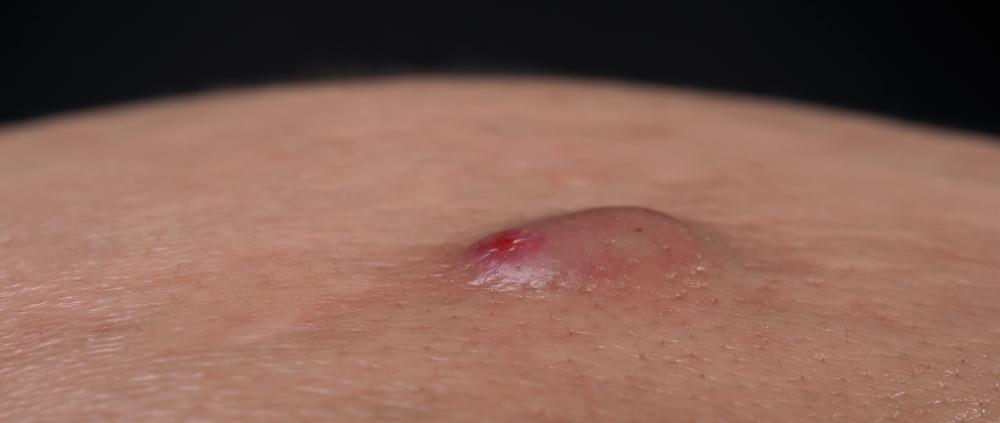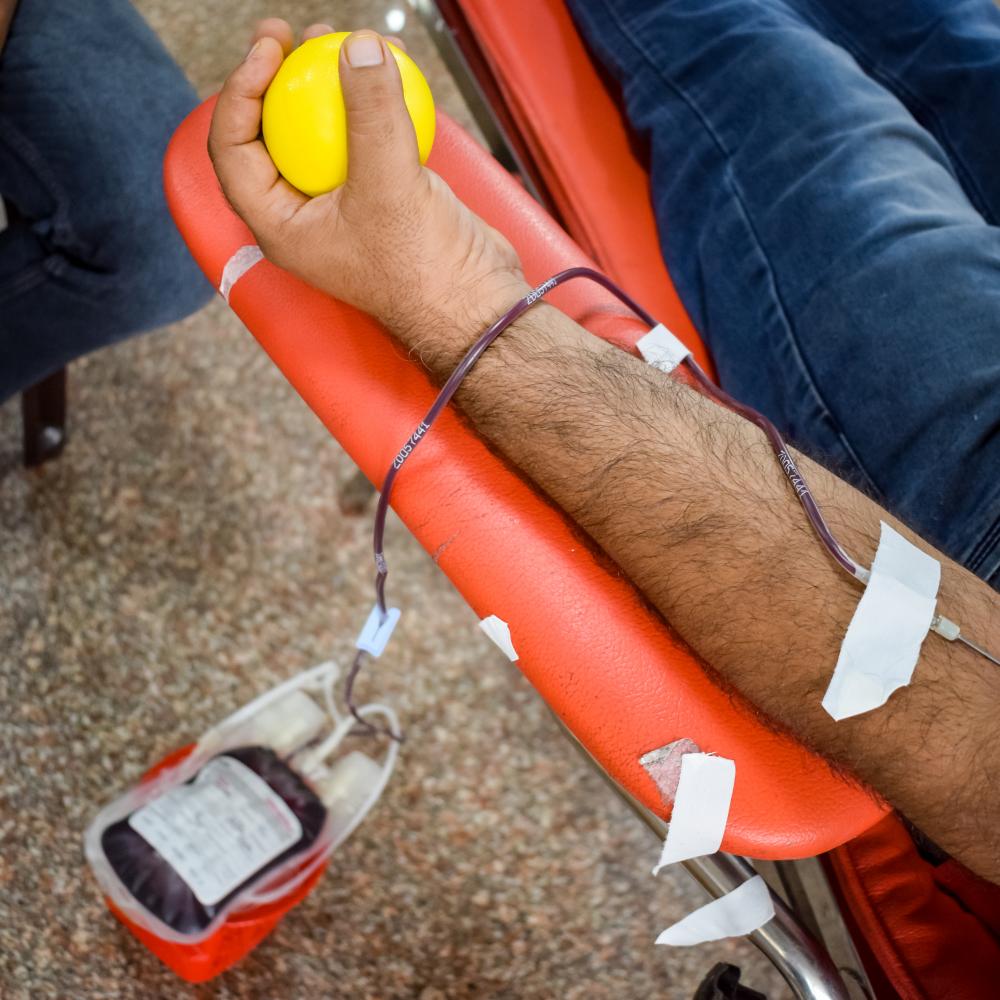
Understanding Pediatric Chest Wall Deformity
At Pacific Coast Pediatric Surgery, we often encounter various forms of Pediatric Chest Wall Deformity, each presenting its unique challenges and requiring tailored treatment plans. These deformities, including conditions such as pectus excavatum and pectus carinatum, are not just physical ailments. They often carry psychological impacts, affecting the child’s self-esteem and social interactions. Drawing from my own experiences as a surgeon and a parent, I’ve seen firsthand the importance of addressing both the physical and emotional facets of these conditions.
Our approach is rooted in the latest scientific research, combined with a compassionate understanding of what our young patients and their families are going through. This dual focus helps us not only treat the condition but also support the child’s overall well-being. From initial diagnosis through to recovery, our team is committed to providing a holistic care experience.
Common Types and Their Implications
Pectus Excavatum
Often referred to as ‘sunken chest,’ pectus excavatum is the most common chest wall deformity we encounter. This inward depression of the chest can significantly affect lung and heart function, leading to physical symptoms like shortness of breath and chest pain. Beyond the visible physical impact, the condition can profoundly affect a child’s body image and confidence, particularly during the vulnerable teenage years.
Pectus Carinatum
Conversely, pectus carinatum, or ‘pigeon chest,’ involves a protrusion of the chest wall. Though it may not directly impair organ function as severely as pectus excavatum, it can still lead to discomfort and self-consciousness among affected children. Our treatment protocols are designed to correct the physical abnormality while minimizing discomfort and recovery time.
Treatment Options and Innovations
Innovative surgical techniques and non-invasive procedures form the cornerstone of our treatment methodology for Pediatric Chest Wall Deformity. The choice of treatment depends on the severity and type of deformity, as well as the patient’s overall health and personal circumstances. We prioritize minimally invasive options whenever possible, reducing recovery time and allowing children to return to their daily lives more quickly.
Our surgical solutions, including the Nuss and Ravitch procedures for pectus excavatum and carinatum respectively, are complemented by customized preoperative and postoperative care plans. These plans are designed to ensure the best possible outcomes and to support the child’s physical and emotional recovery.
Beyond the Operating Room
At Pacific Coast Pediatric Surgery, our commitment to our patients extends far beyond the operating room. We believe in the power of education and support for families navigating the challenges of Pediatric Chest Wall Deformity. Through consultations, we provide comprehensive information about the condition and the expected journey ahead, empowering families to make informed decisions about their child’s care.
We also understand the value of community and peer support. Connecting families with others who have gone through similar experiences can provide a level of comfort and understanding that is invaluable during the treatment and recovery process.
In conclusion, dealing with a Pediatric Chest Wall Deformity requires a multi-faceted approach that addresses the physical, emotional, and social implications of the condition. At Pacific Coast Pediatric Surgery, we are dedicated to providing our young patients with the highest standard of care, combining surgical excellence with a compassionate, patient-centered approach. Our ultimate goal is not just to correct physical deformities but to help our patients lead happy, confident lives.

Understanding Pediatric Colorectal Surgery
At Pacific Coast Pediatric Surgery, led by Dr. Philip K. Frykman, we specialize in the nuanced field of Pediatric Colorectal Surgery. This intricate area of medicine requires a blend of precision, patience, and empathy, characteristics that our team embodies in every procedure. Pediatric colorectal conditions can be complex, involving various parts of the lower digestive tract, and often require specialized surgical interventions. Conditions such as anorectal malformations, Hirschsprung’s disease, and fecal incontinence are within our expertise, with our treatments tailored to meet the unique needs of our young patients.
Our approach begins with a thorough diagnosis, utilizing the latest in minimally invasive diagnostic procedures. We believe in a multi-disciplinary method, collaborating closely with gastroenterologists, nutritionists, and other specialists to ensure a comprehensive care plan. This collaborative effort ensures that from diagnosis through to post-operative care, our patients receive the holistic support necessary for a successful recovery.
Our mission is to not only provide advanced surgical solutions but to also offer supportive care that addresses the emotional and psychological needs of children and their families. The philosophy of treating every child as if they were our own is a testament to our commitment to compassionate care.
Patient Stories and Experiences
The journey of a child through Pediatric Colorectal Surgery is often marked by bravery and resilience. We’ve been privileged to witness remarkable stories of hope and healing within our practice. One such story involves a young patient diagnosed with a complex anorectal malformation. Through a series of surgeries and a tailored bowel management program, we were able to restore functionality and significantly improve the child’s quality of life.
These experiences underscore the importance of our work and fuel our passion for continued excellence in pediatric surgery. It’s not merely about the surgeries we perform but the lives we touch and the futures we help secure.
Anecdotes from families who’ve walked this journey with us reflect the trust and confidence they place in our expertise. The gratitude and relief expressed by parents, upon seeing their child recover and thrive post-surgery, are profound reminders of the impact of our work.
Engaging with our patient community, we often find that the sharing of these stories provides comfort and encouragement to families embarking on similar journeys. It’s a powerful testament to the resilience of the human spirit and the importance of compassionate, specialized care.
Why Choose Us for Your Child’s Care
Choosing a Pediatric Colorectal Surgeon for your child is a decision that bears significant weight. At Pacific Coast Pediatric Surgery, we understand the gravity of this decision and are committed to offering unparalleled expertise, compassion, and care. Dr. Frykman’s extensive experience, coupled with our state-of-the-art surgical techniques, places us at the forefront of pediatric colorectal surgery.
- We prioritize the use of minimally invasive surgical methods, reducing recovery time and improving outcomes for our patients.
- Our comprehensive Bowel Management Program is designed to address the unique challenges faced by children with fecal incontinence, providing personalized care plans that promote independence and confidence.
- The collaboration within our multidisciplinary team ensures that every aspect of your child’s health is considered, making for a holistic treatment approach.
- Recognizing the emotional and psychological aspects of surgery, we provide support and resources for families, ensuring they are informed, comfortable, and confident throughout their child’s care journey.
The choice to entrust us with your child’s care is one we honor with the utmost responsibility. Our dedication to excellence, combined with a compassionate approach to care, sets us apart as a leading choice for Pediatric Colorectal Surgery. With Pacific Coast Pediatric Surgery, you’re not just choosing a surgeon; you’re choosing a partner in your child’s health journey.
Understanding Infant Hernia
When it comes to treating infant hernias in Los Angeles, Pacific Coast Pediatric Surgery stands out as a beacon of hope for many parents. An infant hernia can be a troubling diagnosis, sparking concern and numerous questions from anxious caregivers. At the core of our practice, we aim to dissolve these worries by offering expert care tailored specifically to the youngest patients. Our approach isn’t just about the technical aspects of surgery; it’s deeply rooted in empathy and understanding, reflecting our commitment to the families who step through our doors seeking help.
Choosing the Right Specialist
Finding an Infant Hernia Specialist Los Angeles who combines professional prowess with genuine care for pediatric patients can be daunting. Dr. Philip K. Frykman, our lead surgeon, embodies these qualities. His impressive credentials, paired with a heartfelt approach to medicine, make him a trusted name in pediatric surgery. Every child’s case is met with the utmost attention to detail, ensuring a personalized treatment plan that aligns with the latest evidence-based practices.
Choosing us means opting for a team that sees beyond the medical charts. We understand the rollercoaster of emotions that families go through when a child is facing surgery. It’s a perspective gained not only from professional experience but also from personal encounters with pediatric health challenges. This dual insight fortifies our resolve to provide care that’s not only technically proficient but also emotionally supportive.
Our Comprehensive Services
Expertise That Spans a Wide Range of Conditions
Our specialty lies in not just managing umbilical hernias but also in addressing a broad spectrum of pediatric surgical needs. From appendicitis to congenital liver and bile duct disorders, our practice is equipped to handle an array of conditions. We are driven by a philosophy that every child deserves access to specialized surgical care that’s both advanced and compassionate.
A Team That Cares
At Pacific Coast Pediatric Surgery, you’ll find a team that’s not just adept in surgical techniques but also in offering a supportive environment for both the child and their family. Our staff is attuned to the unique needs of our patients, ensuring a journey marked by transparency, reassurance, and unwavering support every step of the way.
Why Choose Us as Your Infant Hernia Specialist Los Angeles
Choosing an Infant Hernia Specialist Los Angeles like Dr. Frykman means entrusting your child’s care to a surgeon who has not only the clinical expertise but also a profound understanding of the emotional landscape that accompanies pediatric health issues. Our practice is distinguished by our commitment to excellence, reflected in our surgical outcomes and the heartfelt testimonials of the families we’ve served. The decision to opt for our team is a step towards securing compassionate, expert care for your child’s hernia or any other pediatric surgical need.
Our doors are always open to discuss how we can support your family through this journey, ensuring that you’re informed, comfortable, and confident in the care plan we propose. In Los Angeles, families seeking an Infant Hernia Specialist Los Angeles have found a trusted partner in Pacific Coast Pediatric Surgery, where we turn medical expertise into healing, one child at a time.

What is a chest wall deformity in a child?
Chest wall deformities in children encompass a range of conditions that alter the usual structure of a child’s chest, impacting not just their appearance but potentially their respiratory and cardiac function. From my experience, parents often come to us with a mix of concern and confusion when they notice these changes in their child’s chest. I assure them that understanding these conditions is our first step towards addressing them. These changes can range from an inward depression to an outward protrusion of the chest wall, each condition requiring a tailored approach to care.
What are the three types of chest deformities?
The three primary types of chest wall deformities we see in children are pectus excavatum, often referred to as ‘sunken chest’; pectus carinatum, known as ‘pigeon chest’; and less commonly, congenital rib abnormalities. Pectus excavatum presents as a depression in the chest, pectus carinatum as a protrusion, and rib abnormalities can vary in presentation. Each of these conditions brings its own set of challenges and impacts on a child’s health and self-esteem.
What is the most common congenital deformity of the chest wall?
The most commonly encountered congenital deformity in our practice is pectus excavatum. It’s not just the frequency that makes this condition stand out, but also the significant impact it can have on a child’s physical and emotional well-being. The inward depression of the chest that characterizes pectus excavatum can affect lung and heart performance, in addition to altering the child’s body image, especially during their teenage years. It’s a condition that underscores the importance of comprehensive care that addresses both physical and psychological aspects.
What are the symptoms of a chest wall deformity?
Symptoms of chest wall deformities can vary widely depending on the severity and type of deformity. For instance, with pectus excavatum, children might experience shortness of breath, especially during exercise, chest pain, and fatigue. On the other hand, children with pectus carinatum may not have significant physical symptoms but can experience psychological distress due to the appearance of their chest. It’s important to not only treat the physical symptoms but also to provide support for the emotional challenges children may face.
If you have further concerns or questions about pediatric chest wall deformity, our team at Pacific Coast Pediatric Surgery is here to help. Whether it’s seeking advice on symptoms, treatment options, or just needing someone to talk to about your child’s condition, we’re here. What’s your next question?
Resources for Pediatric Chest Wall Deformity
- Johns Hopkins Medicine – Pectus Excavatum – Learn more about the causes, symptoms, and treatment options for pectus excavatum from a reputable healthcare institution.
- Children’s Wisconsin – Pectus Excavatum – Explore information on pectus excavatum, including surgical procedures, outcomes, and patient stories, from a leading pediatric hospital.
- American Association of Neurological Surgeons – Pectus Carinatum – Understand the diagnosis, treatment, and prognosis of pectus carinatum, also known as pigeon chest, from a trusted neurosurgical resource.
- Mayo Clinic – Pectus Carinatum – Get detailed information on the symptoms, causes, and treatment options for pectus carinatum, a condition affecting the chest wall, from a renowned medical center.

